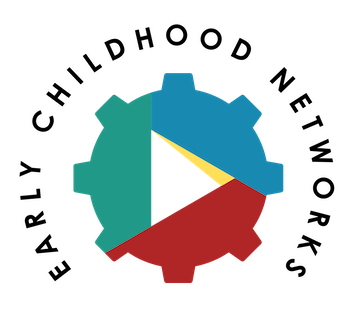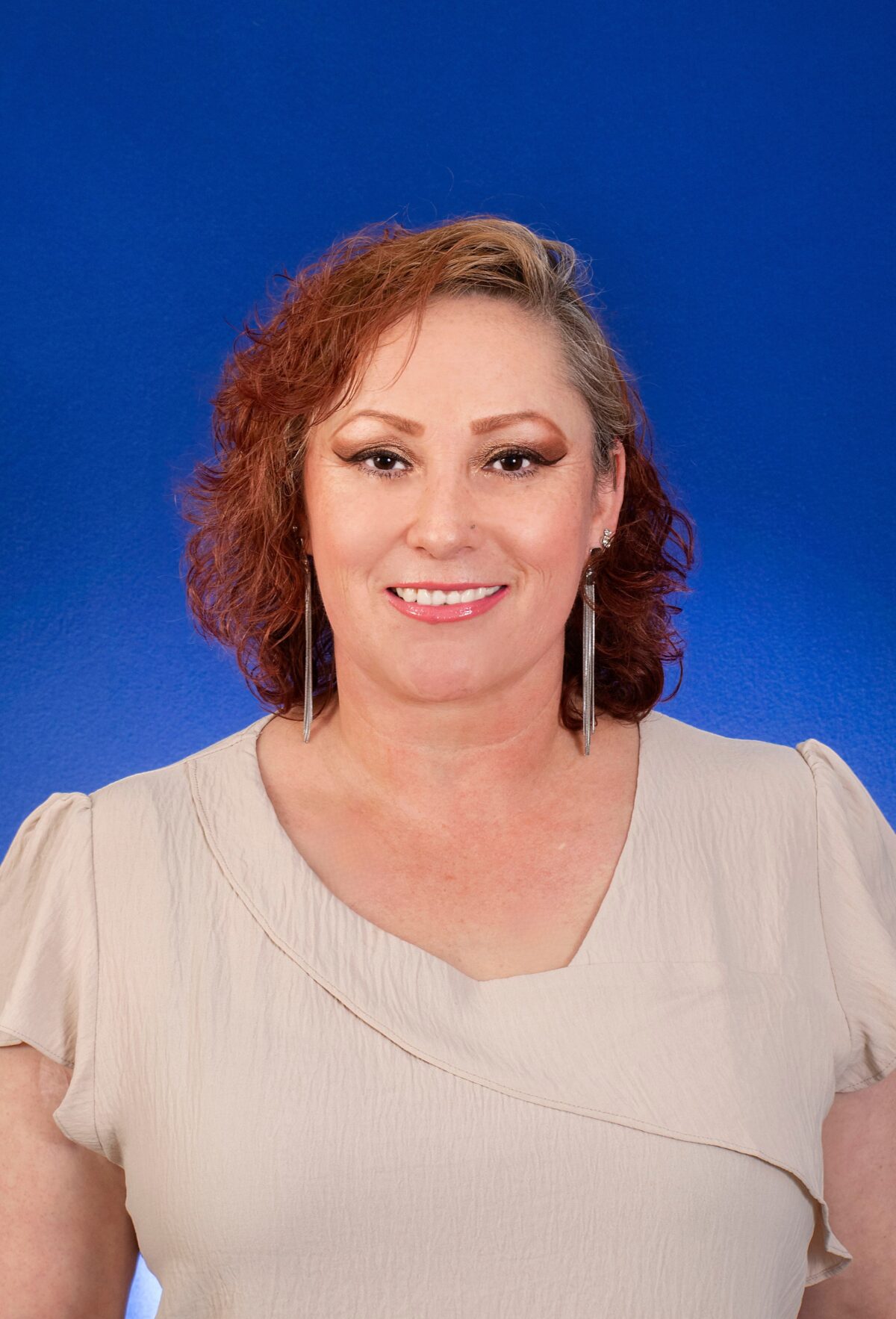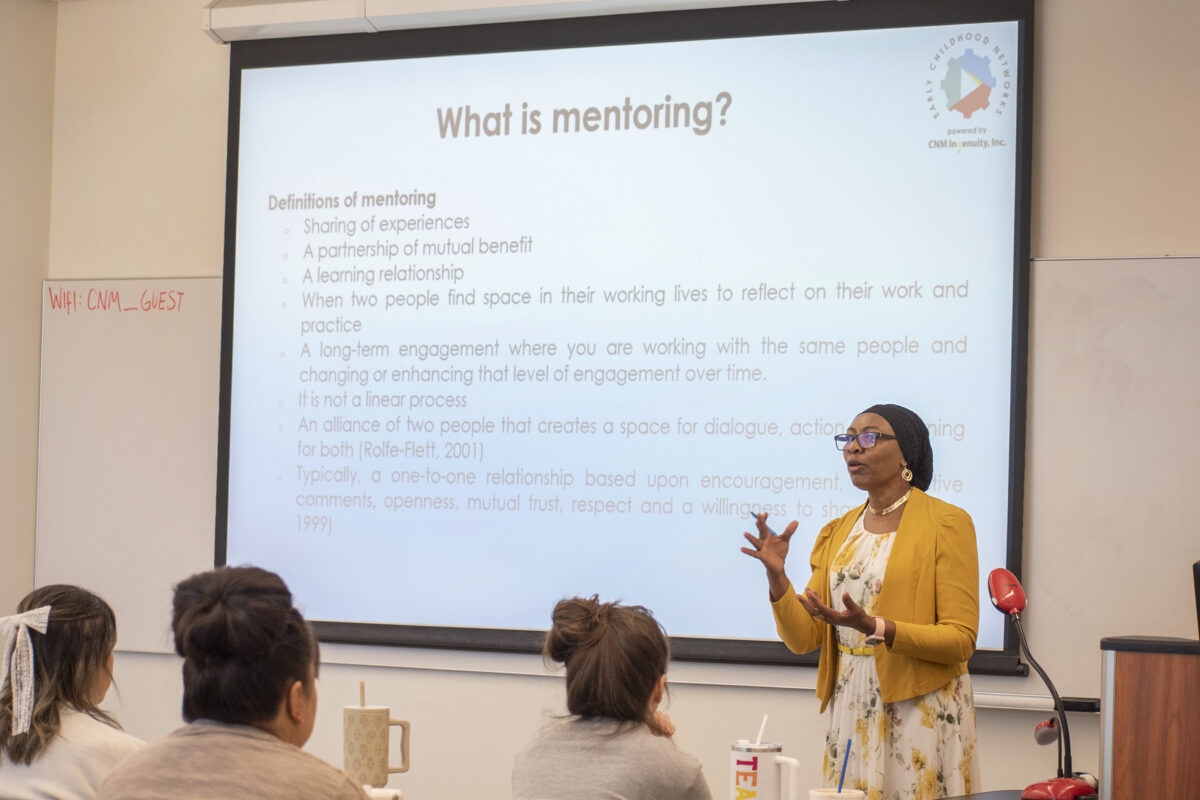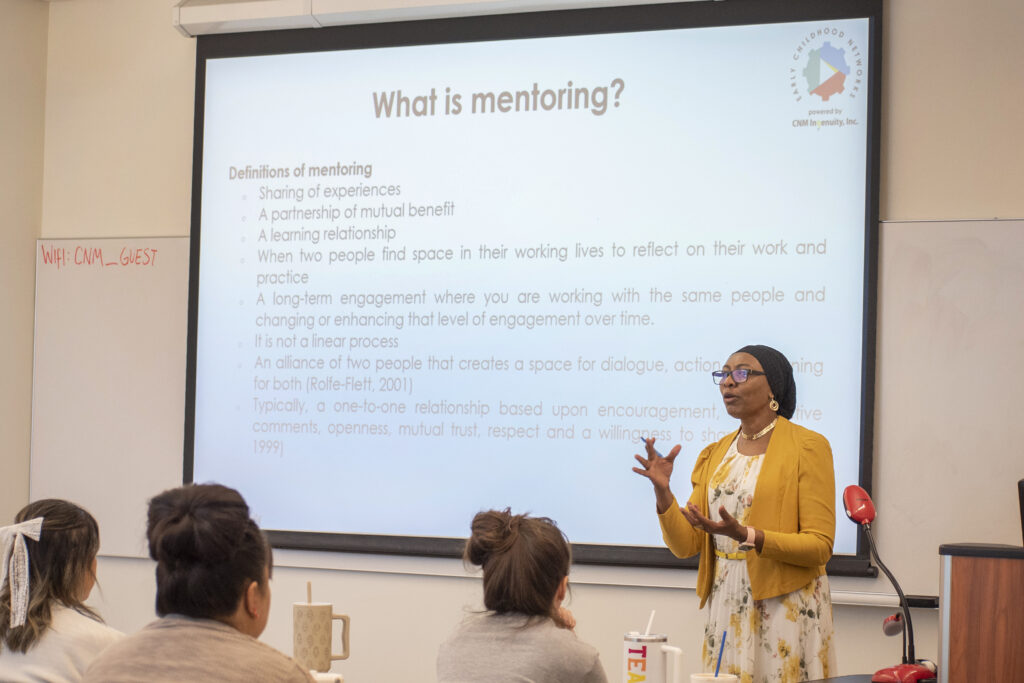Attending the 2025 NMAEYC Conference? Don’t Miss Our Spanish Language Session: Professional Growth Opportunities with Early Childhood Networks and Pay Incentive Programs

The NMAEYC Conference is New Mexico’s largest annual conference on early childhood education. If you’re attending, join us for our session on Saturday, March 29, 2025, from 2:15 to 3:15 PM, in the University of New Mexico Student Union Building (UNM SUB), Room Acoma B in Albuquerque. We’re presenting an informative session with Yadira Lorenzoni, Program Coordinator for Early Childhood Networks, and Rin Bernhardt, Coach, ECECD Scholarship and Pay Incentives Programs.
Professional Growth Opportunities with Early Childhood Networks and Pay Incentive Programs (Presentation in Spanish): Discover how Early Childhood Networks support educators through professional development programs and how Scholarship and Pay Incentive Programs help educators advance their education and careers. Ideal for preschool teachers, infant-toddler teachers, directors, and school leaders, this session highlights comprehensive resources to elevate your career in early childhood education.
Also, please say hello to our Early Childhood Networks and ECECD Scholarship and Pay Incentives program teams in the conference hall. We will have two tables to answer questions and offer program guidance.
For conference details, visit the 2025 NMAEYC Conference website.



